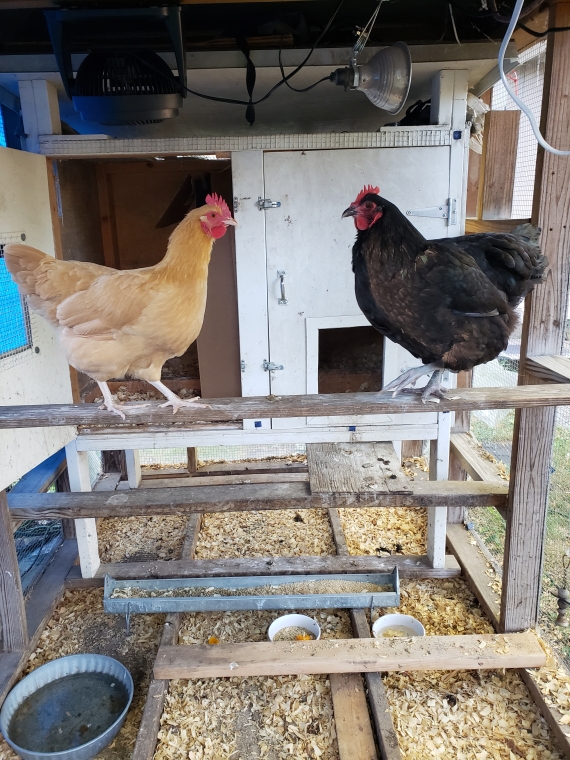Exciting Garden Market Event Coming Up! Are you ready for a fantastic day out surrounded by nature and greenery? Mark your calendars for our upcoming Growin’ Green Garden Market, presented by SCARCE—it’s going to be a hit for families and gardening enthusiasts alike!
Event Details:
- Date: Saturday, May 4, 2024
- Time: 9:00 am – 1:00 pm
- Location: 800 S Rohlwing Rd (IL Rt 53), Addison, IL
Here’s why you won’t want to miss it:
- Native and Food Plants Galore: Discover a wide variety of native plants and delicious food plants perfect for your garden. Whether you’re into herbs, veggies, or ornamental blooms, there’s something for every green thumb.
- Green Organizations and Products: Explore eco-friendly options and learn about sustainable practices from local green organizations. Find innovative products like compost (pre-order compost here by April 27th), rain barrels (order here), and seedlings (order here and select SCARCE as your pickup location. Pickup is at the market on May 4th) to help you live more sustainably.
- Fun Activities for All Ages: Enjoy a day filled with crafts, music, and hands-on activities for kids!
Join me at the event where I’ll be sharing insights on keeping chickens. You can meet a live bird up close and learn about these feathered friends. As an extra treat, I’ll bring along some adorable quail and their eggs—perfect for those curious about raising smaller poultry.
This event is brought to you by SCARCE, a nonprofit organization that supports teachers, schools, nonprofits, and the planet by accepting a variety of items for reuse and recycling. Donate new and gently used books, supplies, and other household items to reduce waste and give back to students everywhere. For more information, visit SCARCE’s Accepted Items.
Bring your family and friends for a day of inspiration and enjoyment at our Growin’ Green Garden Market. For more details, visit SCARCE’s Growin’ Green Garden Market. See you there!





